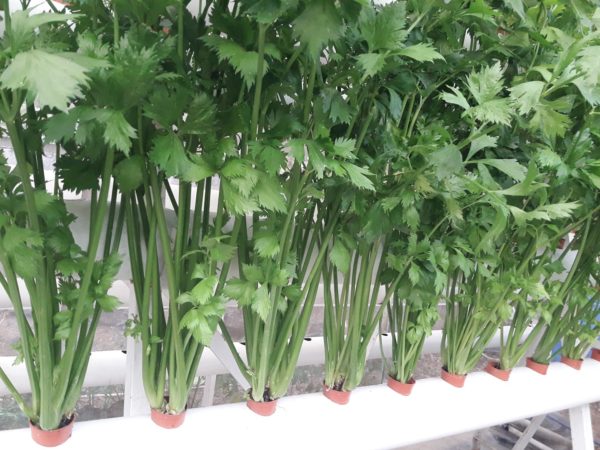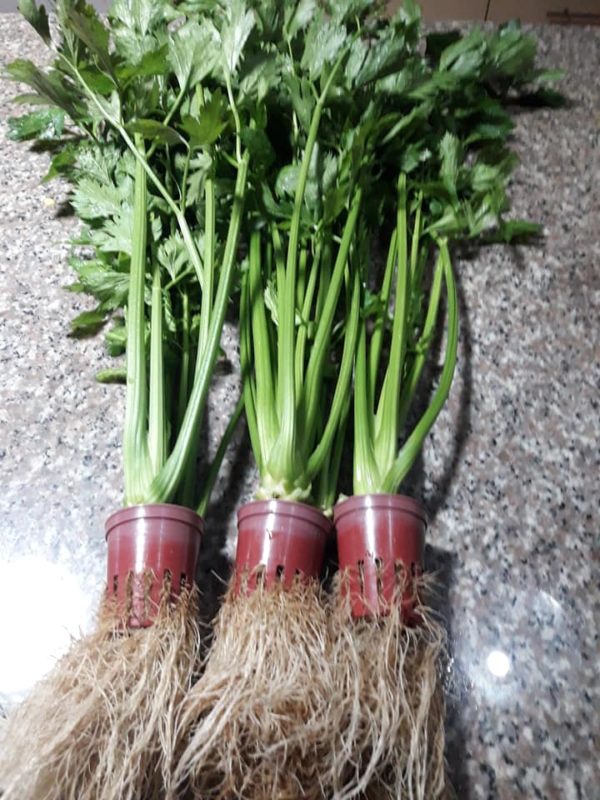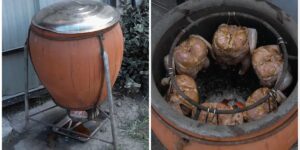In April 2015, Rafael Lardizabal Pagaling bought a lot in Zambales where they were supposed to put up a private kindergarten school. However, they ended up using the land to plant mango trees, rice, and vegetables and to raise chickens, and a carabao.
After visiting several farms in the United Kingdom and other countries in Europe, he became interested in hydroponics and became inspired to use such farming techniques on his own farm.
In 2016, they built a greenhouse that can hold 700 green leafy vegetables and 72 fruit-bearing trees. This is when he started hydroponics farming.
“I was so excited to name our farm despite the fact that the greenhouse is still ongoing construction. I went to the Department of Trade and Industry (DTI) to register the name I chose—Zennor Hydroponics Farm,” Rafael said.

Image: Facebook/Zennor Hydroponics Farm
He added that the name was inspired by a small remote village called Zennor in Cornwall, England situated in a hilly area near the sea. He got inspired by the unique characteristics of the place and the history of the place.
For several months, he tried to apply the knowledge that he gained from his travels abroad. After some time, his harvest improved that they were able to sell excess produce to their neighbors.
“With the support of friends and acquaintances, I started to post our products on social media, and, in a few minutes after posting, there were so many orders wanting to purchase our veggies. That encouraged me to plant more and more,” Pagaling said.

Image: Facebook/Zennor Hydroponics Farm
Rafael added another greenhouse in 2017 which can accommodate 3,840 green leafy vegetables and 100 fruit-bearing vegetables.
The soilless route
According to Rafael, hydroponics farming is more environment-friendly than conventional farming since it uses fewer amounts of water and does not need fertilizers and insecticides since the crops are already in a controlled environment.
Another benefit of hydroponics is that maintaining the plants only requires minimal manpower while generating 20 to 25 percent more productive, as compared to conventional farming. Furthermore, the greenhouse promotes year-round growth of plants rather than waiting for the right season to grow particular plants.
- Due to Unfair Practices, SEC Bars Lending Firm’s Operation - December 30, 2020
- Motorists Can Use Partially Open Skyway 3, Free for a Month - December 28, 2020
- Monthly Contributions to the SSS’s Mandatory Provident Fund Starts in January 2021 - December 26, 2020





